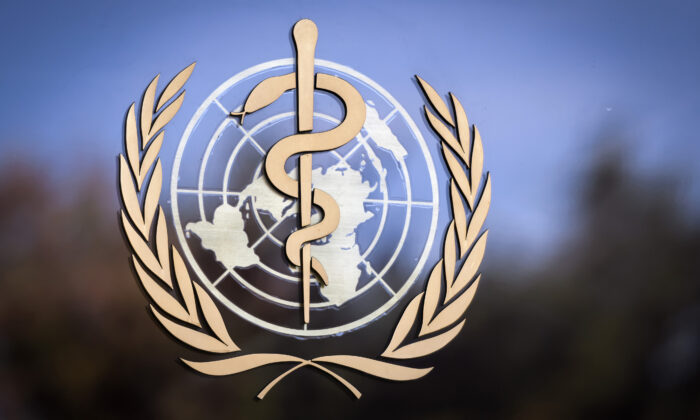US Fracking Backlog Grows But Sector Ready to ‘Begin Rebounding’
UNITED NATIONS—Norway and Ireland won contested seats on the U.N. Security Council Wednesday, in a series of U.N. elections held under dramatically different voting procedures because of the COVID-19 pandemic.
In the other contested race, neither Kenya nor Djibouti received the required two-thirds majority in voting in the 193-member General Assembly, and Assembly President Tijjani Muhammad-Bande announced that a second ballot will be held on Thursday.
In the most closely watched race among Canada, Ireland, and Norway for two Western seats on the Security Council, a two-thirds majority of 128 votes was required to win. Norway received 130 votes, Ireland got 128 votes, and Canada 108 votes.
In the wake of the COVID-19 pandemic, the U.N. headquarters complex has remained open for workers deemed essential, but Secretary-General Antonio Guterres has ordered staff to work from home until July 31. So instead of having ambassadors from the 193 U.N. member nations in the General Assembly chamber together for elections, a new procedure was adopted.
On Wednesday morning it went into operation—a few ambassadors arriving at the assembly during spaced-out time slots starting at 9 a.m. to avoid a large gathering and ensure social distancing.
And instead of voting separately for the next General Assembly president, five new members of the Security Council and 18 new members of the Economic and Social Council, the three elections are being held at the same time by secret ballot.
Each arriving ambassador wore a mask, presented a voting card to a U.N. staff member, received three different colored paper ballots in an envelope, and went up an escalator into the nearly empty chamber where Muhammad-Bande sat on the podium, overlooking the cavernous space.
Among the early voters were U.S. Ambassador Kelly Craft and the ambassadors of Poland and Turkey. Each sat in a spaced-out seat behind the nameplate of their country, marked their ballots, and then walked to the front of the chamber to deposit them in three color-coded, separate boxes.
Winning a seat on the 15-member Security Council is considered a pinnacle of achievement for many countries because it gives them a strong voice on issues of international peace and security ranging from conflicts in Syria, Yemen, and Ukraine to the nuclear threat posed by North Korea and Iran, and attacks by terrorist groups such as ISIS and al-Qaeda.
There are five permanent members—the United States, Russia, China, Britain, and France—and 10 members elected by the General Assembly for two-year terms, with seats allocated to regional groups and five new members elected every year.
There were two uncontested races this year, with India easily winning the Asia-Pacific seat and Mexico winning the Latin America and Caribbean seat.
Before COVID-19, countries running for Security Council seats often invited ambassadors for lavish visits to their nations, put on dinners and held receptions with entertainments, and sent senior government officials around the globe lobbying for votes. But the pandemic has curtailed all of that since March.
In the other elections, Volkan Bozkir of Turkey was the only candidate for president of the 75th session of the General Assembly which begins in September and he won easily. Greece, Cyprus, and Armenia, asked for a vote rather than electing him by consensus.
The 18 candidates for seats in the Economic and Social Council all ran unopposed and were elected.
They are Liberia, Libya, Madagascar, Nigeria, and Zimbabwe from Africa; Indonesia, Japan, and Solomon Islands from Asia-Pacific states; Bulgaria from Eastern Europe; Argentina, Bolivia, Guatemala, and Mexico from Latin America and the Caribbean; and Austria, France, Germany, Portugal, and the United Kingdom from the Western group.
By Edith M. Lederer
Focus News: Norway, Ireland Win UN Council Seats in COVID-19 UN Vote
New US Huawei Rule Targets Standards, Security Concerns Remain: Ross
